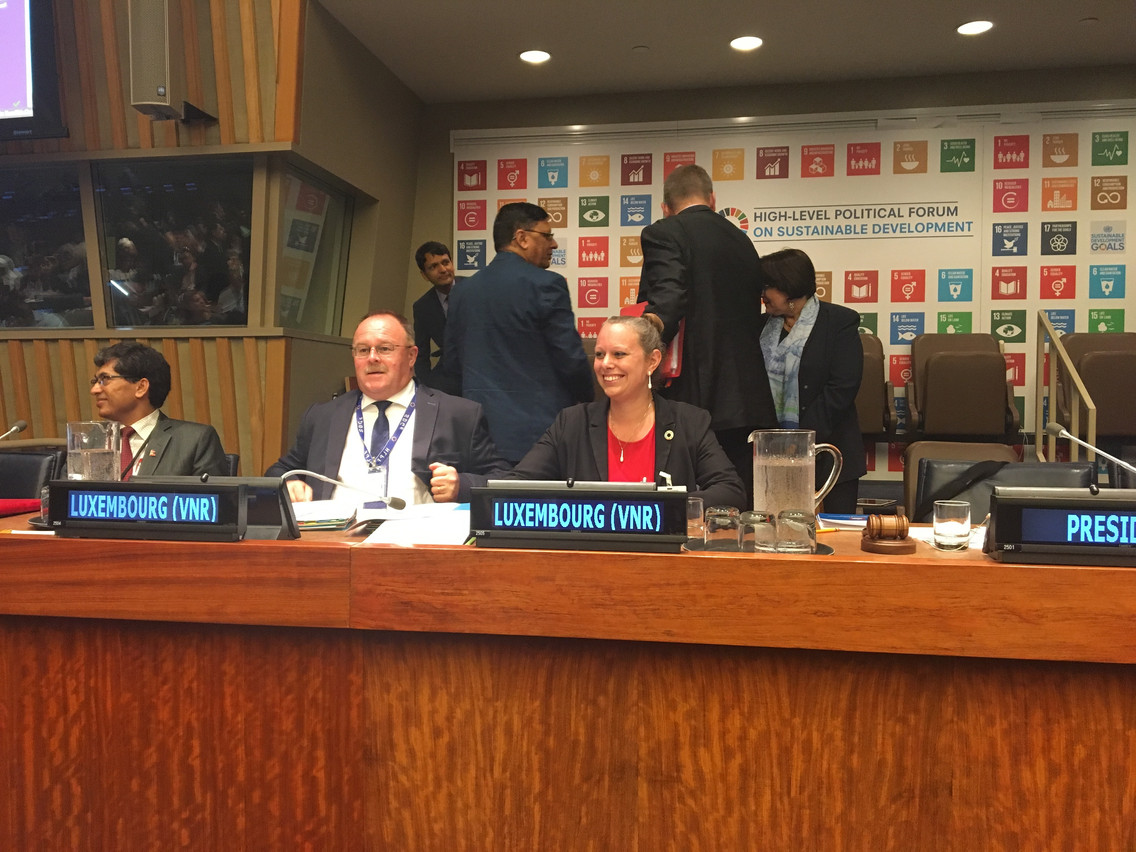The world’s nations will meet for the 23rd annual “conference of the parties” (COP) under the UN Framework Convention on Climate Change in Bonn, Germany from 6-17 November.
The aim is to stop global warming. The Paris agreement at COP21 in 2015 was the first global deal to tackle climate change, even though there are no legal obligations on the signatories. For the first time, the conference will be headed by a small island nation, Fiji. Small islands are often most at risk from global warming, sea-level rise and extreme storms.
In an interview with German radio WDR5 on Monday 6 November, Dieschbourg, who contributed to the drafting of the agreement as coordinator of the EU position, said that everyone was aware that the current efforts would not be enough. She added that the Paris agreement had a review mechanism by which the stated ambitions could be increased every 5 years.
The environment minister explained:
“In Bonn, we will try to set the rules of the game, where detailed work will be done. We should not approach these negotiations dejectedly, but with an upbeat attitude to work on results which will be finalised in Katowicz next year.”
The American president, Donald Trump, announced in June that the US would withdraw from the Paris agreement on climate change. The US is one of the biggest producers of CO2.
Dieschbourg argued that the recent big wave of ratification and signatures of the Paris agreement meant that “most understood that something needs to happen,” and that “there has not yet been a domino effect.”
She found that individuals and companies understood they had to get involved in climate change, and that there was a win-win situation, as it also made economic sense.
She also appealed to citizens, as “small steps will bring big changes.”
